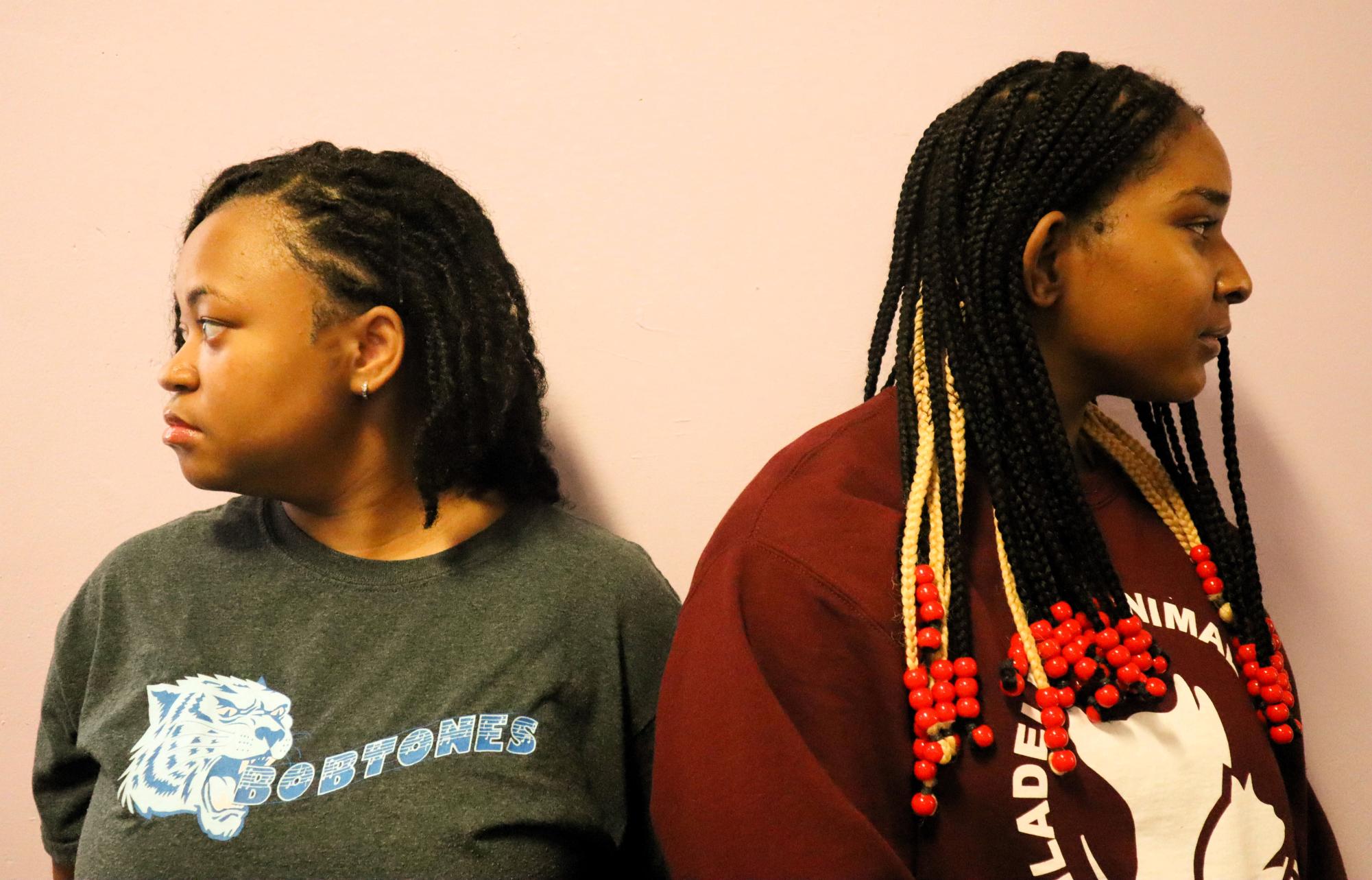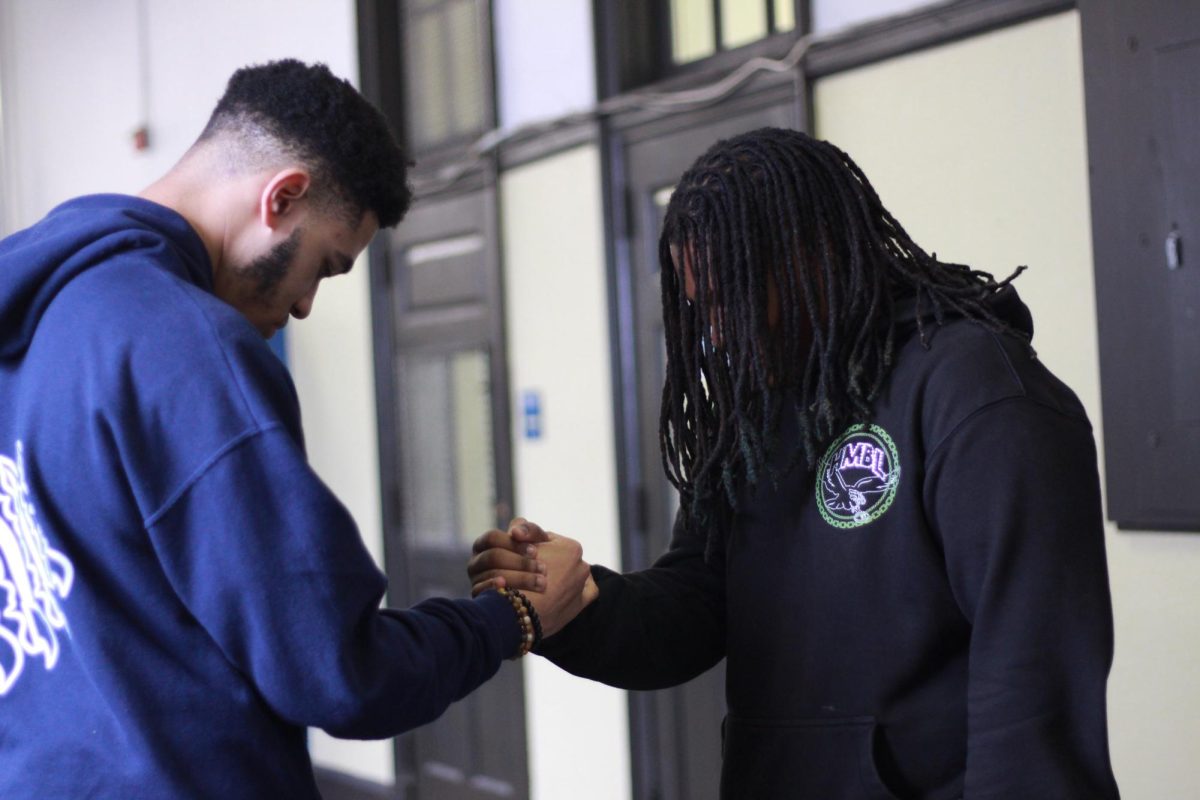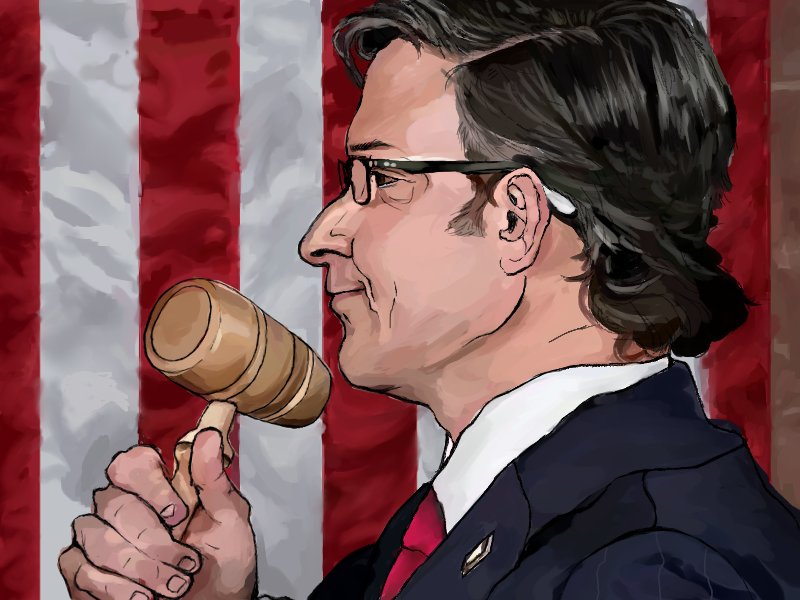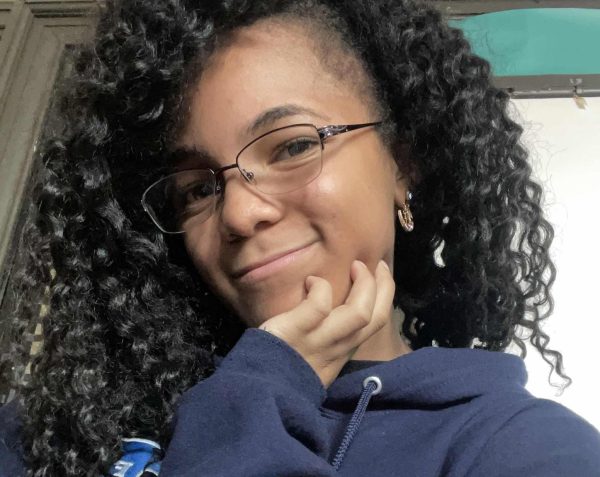For many people, hair is a form of expression and identity. Hair is part of a person from social aspects to creative aspects. These ideals hold especially true in African-American cultures, where hair and hairstyles represent cultural roots and freedom. Hairstyles such as locs, protective braids, and twists are only a few hairstyles that are cultural staples of black people of color. Unfortunately, historical cultural, and systemic discrimination has been ingrained into American culture, leaving many people of color treated unfairly for their natural hair. This is where the CROWN act comes into play. The CROWN act is meant to protect the rights of African-American hairstyles against discrimination.
In 2019, Dove began the Creating a Respectful and Open World for Natural Hair campaign, also known as the CROWN Act. This campaign seeks to shed light on hairstyle discrimination and ensure protection for race-based hairstyles. The CROWN Act prohibits discrimination based on hairstyle.
When it comes to workplace discrimination, it has been shown that African American women feel uncomfortable within their places of work because of hair discrimination.
According to the 2023 CROWN Workplace Research Study , many black women in particular feel pressured to change their natural hair in order to be successful at their places of work. About 80 percent of women agree that they had to change their hair to “fit in” at their workplace.
Not only does this discrimination affect pride and culture, but it also affects success in workplaces.
In the CROWN 2023 workplace study, it was found that 25 percent of women were denied job interviews because of their hair, as their natural hair was seen as “unprofessional.” 20 percent of women have been sent home from their workplace because of their hair as well, creating a hostile and uncomfortable environment for black women in their desired career paths. When including the entire nation of the United States, women make up 56 percent of the labor force.
During an interview with CBS news, Turqouya Williams, a business owner and mother living in Minneapolis, mentions the effects that hair discrimination has had on her work life.
“I usually have my hair in an afro-puff. I find that people think it’s okay to touch your hair,” Williams said. “This is not a petting zoo. My hair doesn’t affect my performance whatsoever.”
School is another place where hair discrimination is common. In the CROWN Study for Girls in 2021, it was found that about 86 percent of black teens have reported being discriminated against because of their hair by the age of 12. Not only does this mean that schools created an unwelcoming environment for young students, but affected these students from a young age. This significantly lowers self-confidence in culture and self-image for young women. According to the CROWN study for girls in 2021, young women missed an average of one week of school a year because of hair discrimination.
In 2022, the CROWN Act was passed through the House, but the Senate Republicans blocked the passage of the act as federal law. Even though this act failed to pass as a national law, the CROWN Act is a local law in more than half of the United States, including Pennsylvania, as of July 7 2023. There is still a push to make the CROWN Act legal nationwide. Citizens who agree with the passing of this law are encouraged to contact legislators and sign a petition.
While it is a difficult battle to face, the CROWN Act is fighting for the natural rights of African American culture, ensuring that everyone feels safe and has equal opportunity regardless of their hair.
“It would be a huge difference,” Williams said. “I think just being able to navigate the workplace without that being an additional barrier to doing your work is amazing. To have that legislation that’s going to back you is phenomenal. I think it should be in all 50 states.”















